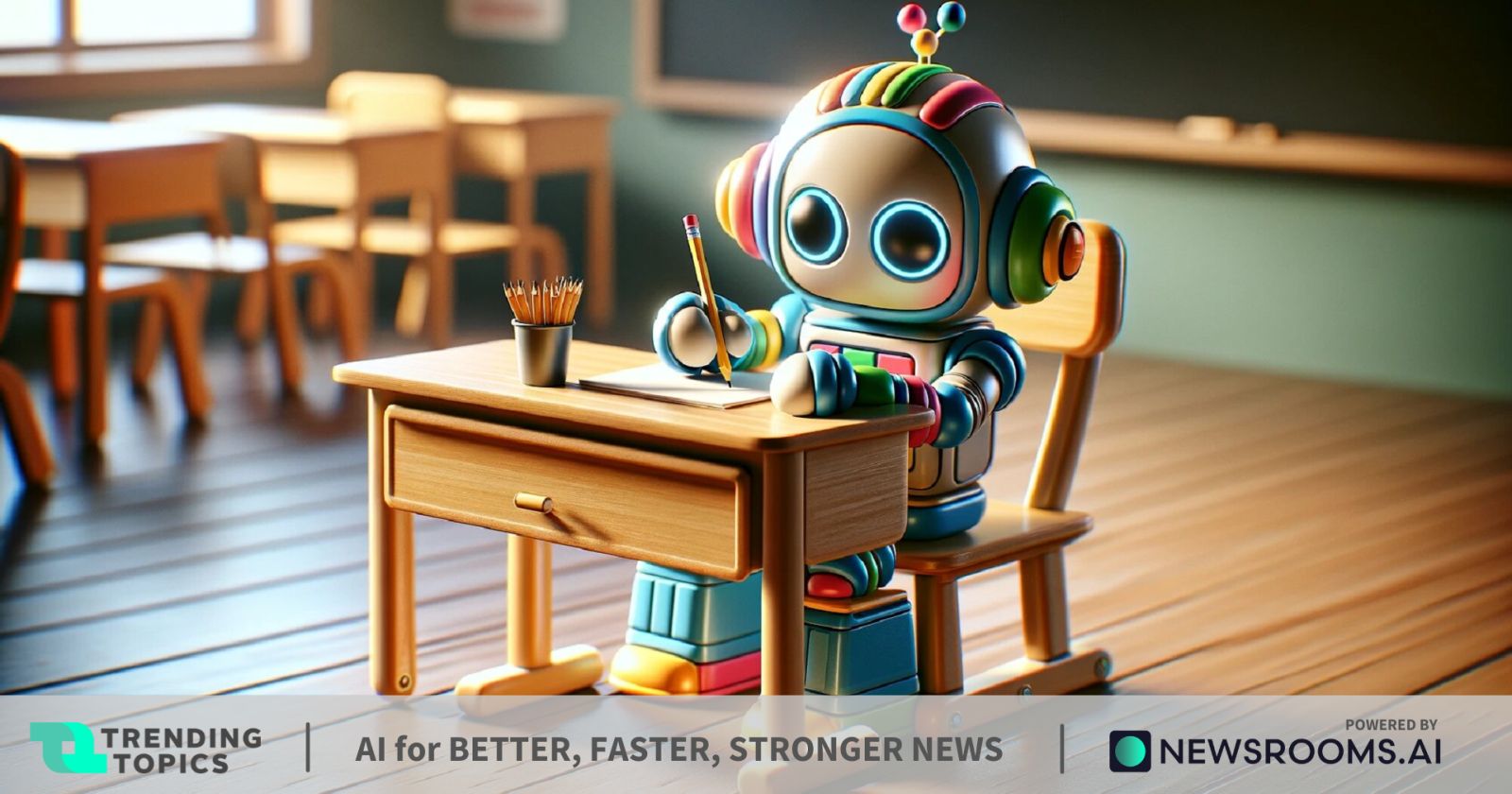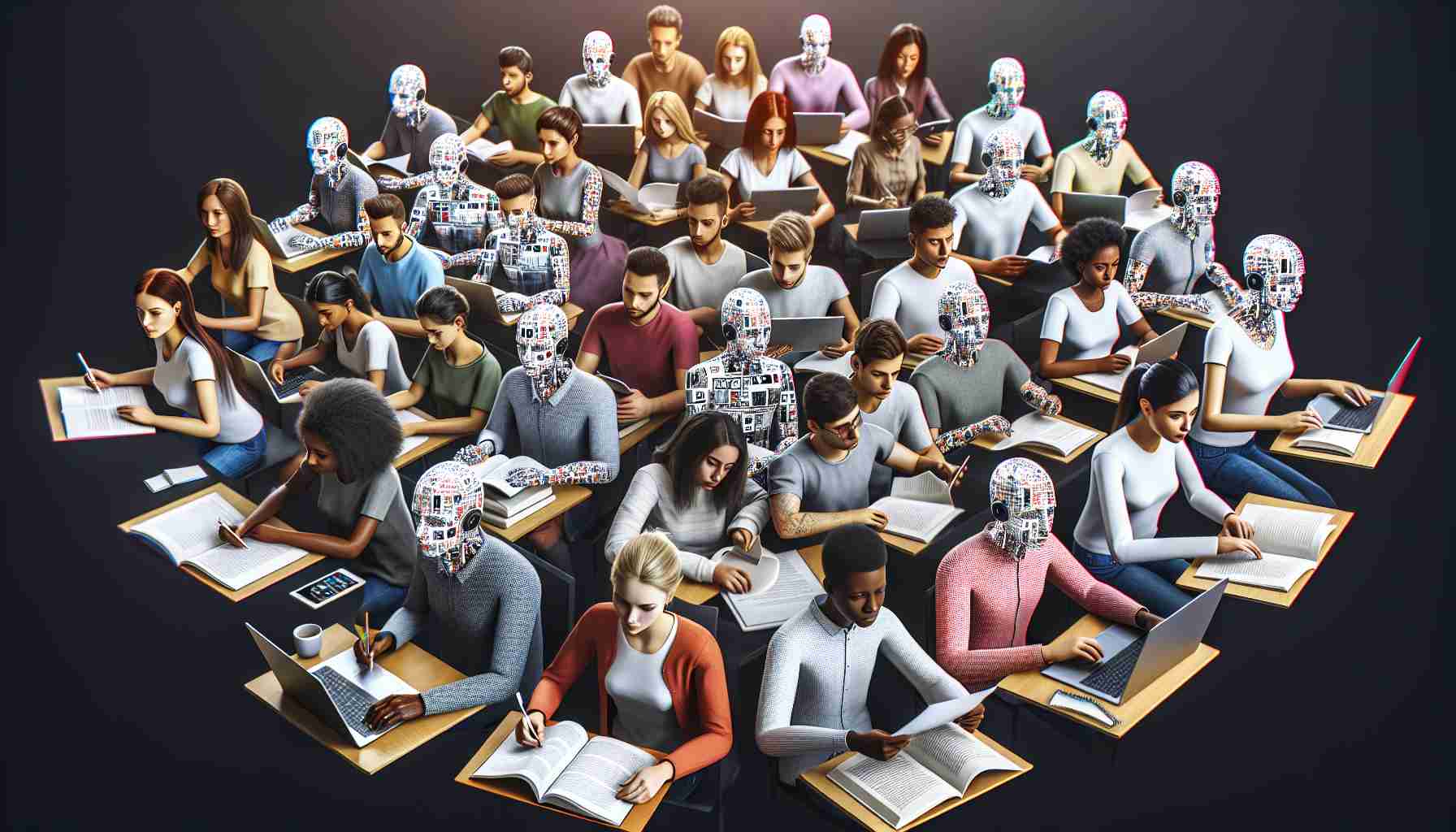Science and Springer Nature, two main academic journal publishers, launched new guidelines addressing using generative AI instruments to jot down papers of their editorial insurance policies on Thursday.
The up to date insurance policies sort out the rise of teachers experimenting with OpenAI’s newest product, ChatGPT. The massive language mannequin (LLM) can generate coherent paragraphs of textual content, and may be instructed to jot down about all kinds of issues, together with science. Academics are utilizing it to jot down their very own analysis papers, with some even going as far as to credit score ChatGPT as an creator.
The journal Science, nonetheless, warned researchers that submitting any manuscripts which were produced utilizing these instruments quantities to scientific misconduct.
“Text generated from AI, machine studying, or comparable algorithmic instruments cannot be utilized in papers printed in Science journals, nor can the accompanying figures, pictures, or graphics be the merchandise of such instruments, with out specific permission from the editors,” its editorial insurance policies state.
“In addition, an AI program cannot be an creator of a Science journal paper. A violation of this coverage constitutes scientific misconduct.”
The journal Nature has additionally launched comparable guidelines, and won’t settle for any papers itemizing ChatGPT or every other AI software program as authors however hasn’t banned a lot of these instruments utterly.
“Researchers utilizing LLM instruments ought to doc this use within the strategies or acknowledgements sections. If a paper doesn’t embody these sections, the introduction or one other acceptable part can be used to doc using the LLM,” Nature stated.
Science’s editor-in-chief, Holden Thorp, stated all paper submissions should be the unique work of authors, and that content material produced by AI is a type of plagiarism. Authors might use the device provided that they’ve absolutely disclosed it and Science has accredited it. Large language fashions like ChatGPT are educated on enormous quantities of textual content scraped from the web, and may regurgitate sentences which are similar to ones in its coaching information.
“For years, authors on the Science household of journals have signed a license certifying that ‘the Work is an unique’. For the Science journals, the phrase ‘unique’ is sufficient to sign that textual content written by ChatGPT isn’t acceptable: It is, in any case, plagiarized from ChatGPT. Further, our authors certify that they themselves are accountable for the analysis within the paper,” Thorp stated.
Although instruments like ChatGPT produce textual content freed from grammatical errors, they have a tendency to get information unsuitable. They can cite gibberish research containing false numbers, however sound convincing sufficient to trick people. Academic writing is usually stuffy and filled with jargon that even specialists can be fooled into believing pretend abstracts written by ChatGPT are actual.
Scientists can be tempted to fudge their ends in papers, and use all kinds of strategies to attempt to get their pretend work printed. The newest developments in generative AI present new and straightforward methods to generate phony content material. Thorp warned that “lots of AI-generated textual content may discover its approach into the literature quickly” and urged editors and reviewers to be vigilant about recognizing indicators that counsel a paper was written with the assistance of AI.
These publishers might discover it onerous to make sure researchers follow its editorial insurance policies since they do not appear to have any foolproof approach of detecting AI-written textual content for now. “Editors do preserve knowledgeable about AI-generated content material they might anticipate to see within the literature, enhancing their capacity to identify it,” a Science spokesperson instructed The Register. “But once more, their focus is on making certain authors aren’t submitting manuscripts that includes AI-generated content material within the first place.”
“Can editors and publishers detect textual content generated by LLMs? Right now, the reply is ‘maybe’. ChatGPT’s uncooked output is detectable on cautious inspection, notably when quite a lot of paragraphs are concerned and the topic pertains to scientific work. This is as a result of LLMs produce patterns of phrases primarily based on statistical associations of their coaching information and the prompts that they see, which means that their output can seem bland and generic, or include easy errors. Moreover, they cannot but cite sources to doc their outputs,” Nature stated.
Nature’s dad or mum writer, Springer Nature, is at present growing its personal software program to detect textual content generated by AI. Meanwhile Science stated it will think about using detection software program constructed by different firms. “The Science household journals are open to trialing instruments that enhance our capacity to detect fraud, which we consider on a case-by-case foundation, and which counterpoint the work of our editors to make sure authors perceive and cling to our pointers to publish and to conduct a rigorous, multi-step peer assessment.”
Thorp urged researchers to suppose for themselves and chorus from counting on the know-how.
“At a time when belief in science is eroding, it is essential for scientists to recommit to cautious and meticulous consideration to particulars. The scientific file is finally one of many human endeavor[s] of fighting essential questions. Machines play an essential function, however as instruments for the individuals posing the hypotheses, designing the experiments, and making sense of the outcomes. Ultimately the product should come from—and be expressed by—the fantastic pc in our heads,” he concluded. ®
https://news.google.com/__i/rss/rd/articles/CBMiS2h0dHBzOi8vd3d3LnRoZXJlZ2lzdGVyLmNvbS8yMDIzLzAxLzI3L3RvcF9hY2FkZW1pY19wdWJsaXNoZXJfc2NpZW5jZV9iYW5zL9IBT2h0dHBzOi8vd3d3LnRoZXJlZ2lzdGVyLmNvbS9BTVAvMjAyMy8wMS8yNy90b3BfYWNhZGVtaWNfcHVibGlzaGVyX3NjaWVuY2VfYmFucy8?oc=5




